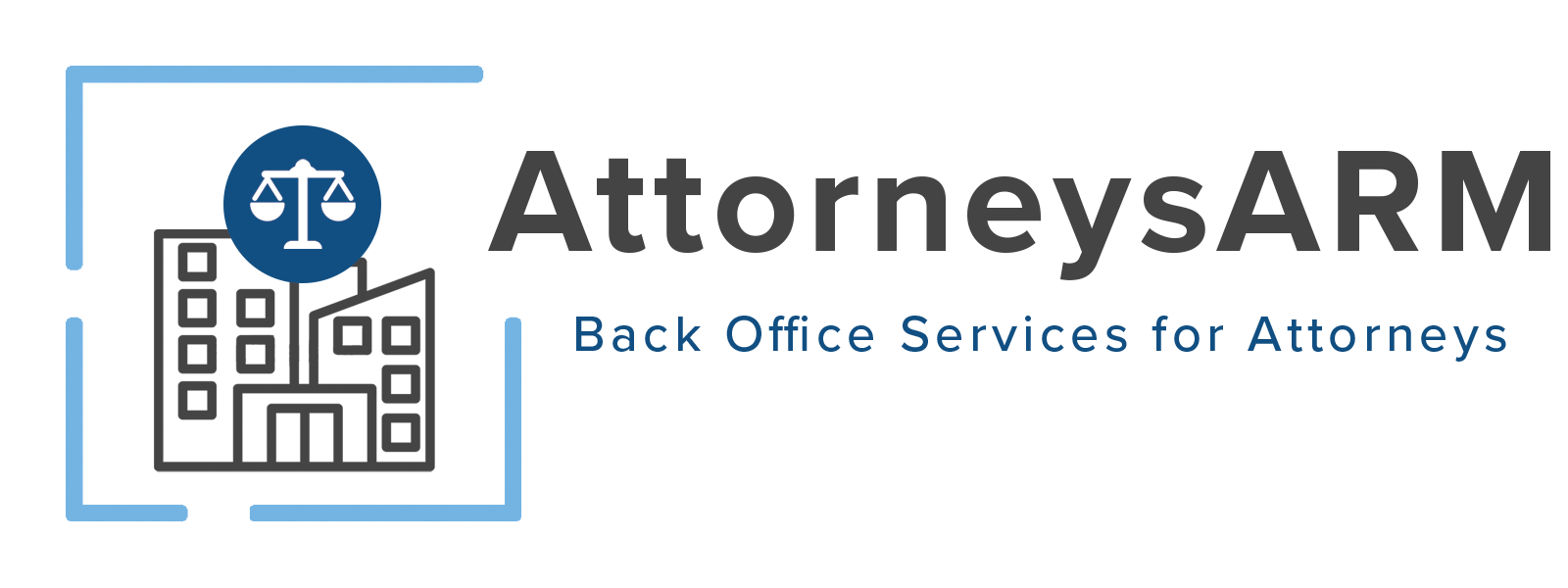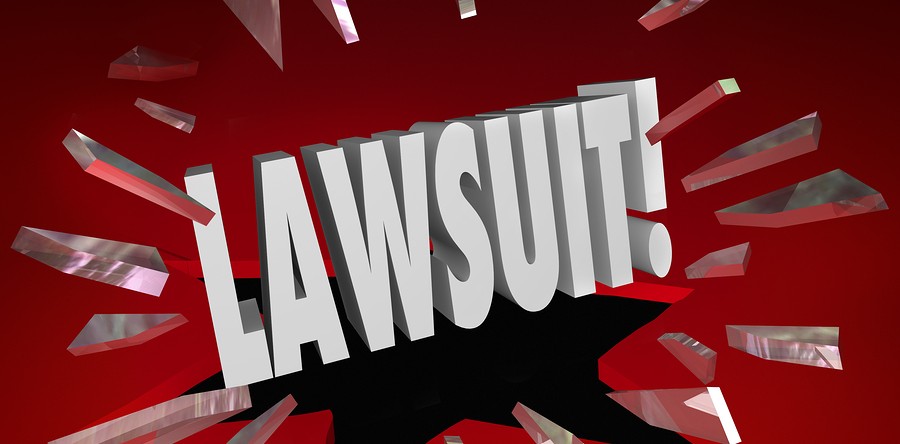Top 7 Tips You Should Know About Small Claims Court
When you’re dealing with past due accounts, you might immediately think of filing a small claims action against the person or business that owes you money. There are some instances where that might not be a bad idea. Before you make that determination, read through our top 7 tips that you need to know about small claims court. These tips will help you determine if you should pursue debt recovery through the court.
Tip 1 – Small Claims Recovery Limit
All small claims courts have a limit on just how much money you can recover. Call your district court clerk and ask what the limit is for your jurisdiction. If someone owes you $7,000.00, but the court’s recovery limit is only $5,000.00, if you decide to go to court, you can only recovery $5,000.00 of the $7,000.00 that is owed to you. If you call the court and find out that you might lose out on some of what is owed to you, you might consider calling the delinquent client and attempting to settle the debt. Settling may get you less money, but you wouldn’t be out court fees or attorney fees.
Tip 2 – Someone Wrote You a Bad Check
If someone wrote you a check that did not clear, you might want to consider small claims court. In some jurisdictions, even small checks did not clear can allow the Plaintiff to collect a larger amount than the actual amount of the check.
Tip 3 – Small Claims Cases Take Time
Preparing for a small claims case of any sort takes time. You will need to take time to prepare and organize your documentation. You will want to have original or copies of your written, signed agreement with the delinquent client, invoices, demand letters, and any correspondence or notes of correspondence documenting phones calls about the debt. This information needs to be organized into a binder or folder so that you can easily refer to it when you write your complaint and when you appear in court.
The time that you spend preparing for you small claims case is time that is taken away from running your business.
Tip 4 – Fees Involved in Filing a Small Claims Case
Small claims court is not free. The amount that it costs you to file your case can be determined by calling the court clerk. The court clerk can tell you how much it will cost for you to file your case; you should also ask the court clerk how much it will cost to have the sheriff serve the documents onto the Defendant. If your delinquent client doesn’t live in the area, you’ll most likely also need to hire a private process server. There are many private process servers to choose from. You’ll want to choose one with reasonable rates, that will give you proof that the Defendant was served, and that has a good track record and is in good standing in their area.
Another fee that you have to consider is whether you will use an attorney. You do have the option of representing yourself. If you choose to use an attorney, you will have to pay all of the previously mentioned fees and the hourly rate or a flat rate to an attorney that specializes in debt.
Tip 5 – The Amount of the Debt Owed to You
Now that we’ve discussed the basics of small claims court, there’s another determining factor that needs to be discussed. Is the total amount of the debt owed to you worth pursuing in small claims? This is something that you will have to determine on your own. You’ll want to make a cost benefit analysis comparing the money and time that you’ll devote to pursuing the debt in small claims against the amount of the debt. Then, you have to think about one more important factor about small claims.
Tip 6 – The Likelihood of Getting Paid After Court
Small claims court provides a mean for business owners like you to get paid. There’s just one problem. You’re attempting to get a judgment that says that the Defendant owes you money. That’s a big difference compared to someone who actually hands you money to clear up the debt. What is the likelihood that you will actually get paid what you’re owed after you go to court and win? This is something that takes a little bit of analysis and may also take the help of an attorney. If you get a judgment against the Defendant, you do have legal options that you may be able to pursue to collect the money. However, if the Defendant really has no money or if they’re going to file bankruptcy, there’s a chance that you won’t get anything.
Tip 7 – Consider Your Other Collection Options
You have other collection options. In fact, you may be able to minimize just how often you make it to the collections process of accounts receivable management. To do this, you need to review your entire AR process and ensure that your credit controls are proper and that you’re able to identify when your clients are having financial trouble so that you can help.
In the instance that you do have to collect, you can offer payment plans, negotiate, collect the debt on your own, or work with a company like Clients A.R.M. to collect on the past due amount while preserving the relationship between you and the delinquent client. It’s easier and more affordable than you think! We offer a free, no-obligation review and help you determine the best collection methods that are right for your business.
Put our 30 years of experience to work for you. Try us and you’ll find out why so many businesses love Clients A.R.M. Ask us about our other great services, too. We can assist you with your entire accounts receivable and customer service portions of your business and we also offer specialized services for attorneys, doctors, and corporations. Contact us today!




